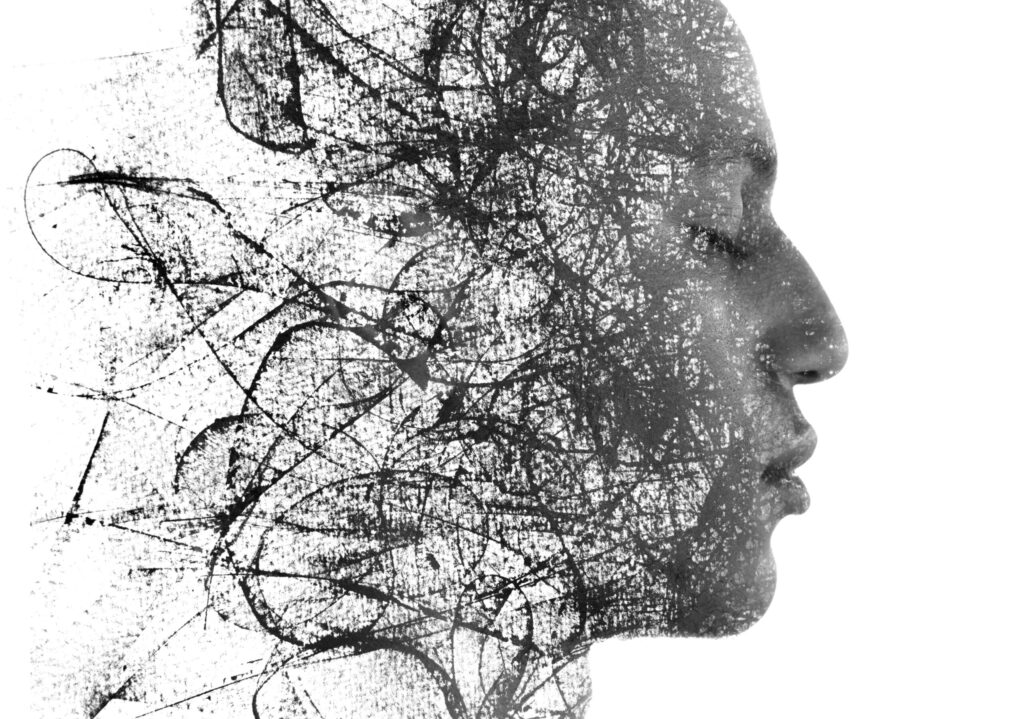Post-Traumatic Stress Disorder (PTSD) is a mental health condition that can occur after an individual experiences or witnesses a traumatic event, such as combat, natural disasters, accidents, or abuse. Symptoms of PTSD may include:

1. Intrusive memories: Flashbacks, nightmares, or intrusive thoughts related to the trauma.
2. Avoidance: Steering clear of reminders of the trauma, including places, people, or activities.
3. Negative changes in thinking and mood: Feelings of guilt, shame, or hopelessness, and difficulty in remembering key aspects of the trauma.
4. Heightened arousal: Increased alertness, irritability, difficulty sleeping, or being easily startled.
Importance of therapy for PTSD:
Therapy plays a critical role in treating PTSD, as it helps individuals process the trauma and manage their symptoms. Key therapeutic approaches include:
• Cognitive Behavioral Therapy (CBT): Helps individuals reframe negative thoughts and reactions related to the trauma, and encourages healthier coping mechanisms.
• Exposure therapy: Involves gradual, controlled exposure to trauma-related memories or situations to reduce their emotional impact.
• Eye Movement Desensitization and Reprocessing (EMDR): Helps process traumatic memories through guided eye movements, reducing emotional distress.
• Support groups: Group therapy provides a sense of community, allowing individuals to share experiences and receive support from others who understand.
Therapy is essential for individuals with PTSD as it can reduce symptoms, improve overall well-being, and provide tools for dealing with distressing memories. It offers a structured and supportive environment for healing, allowing individuals to regain control over their lives.
